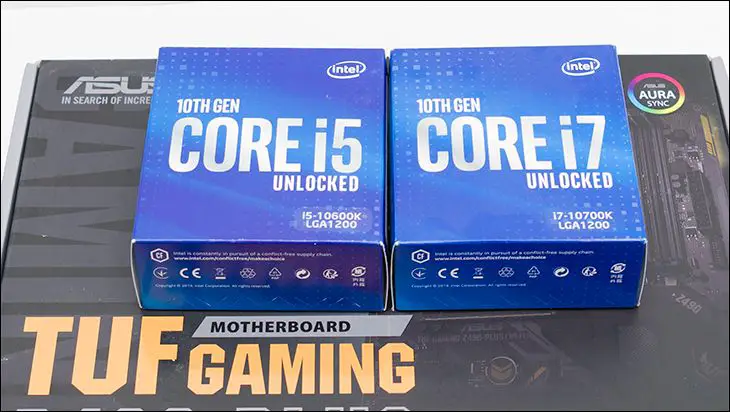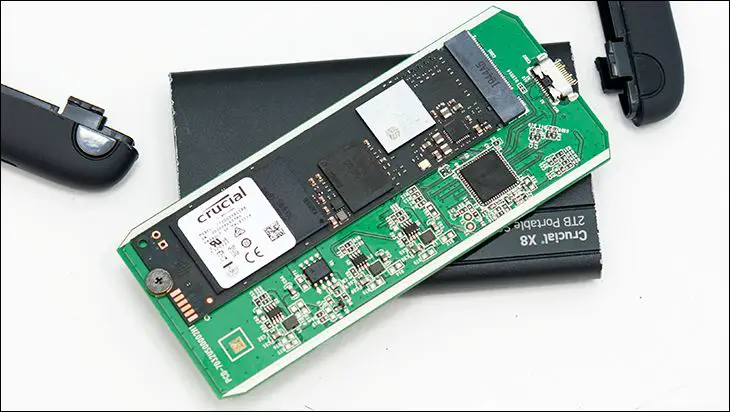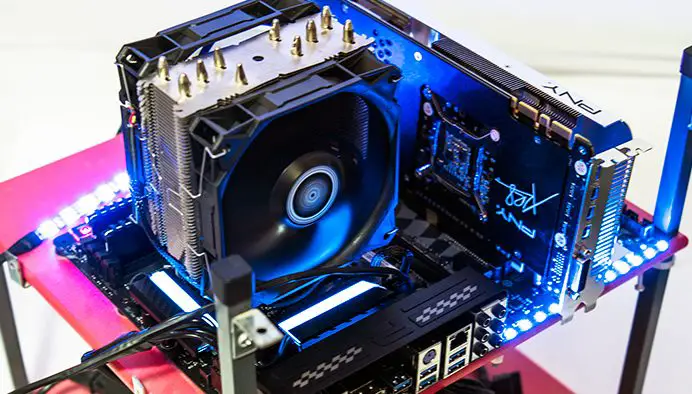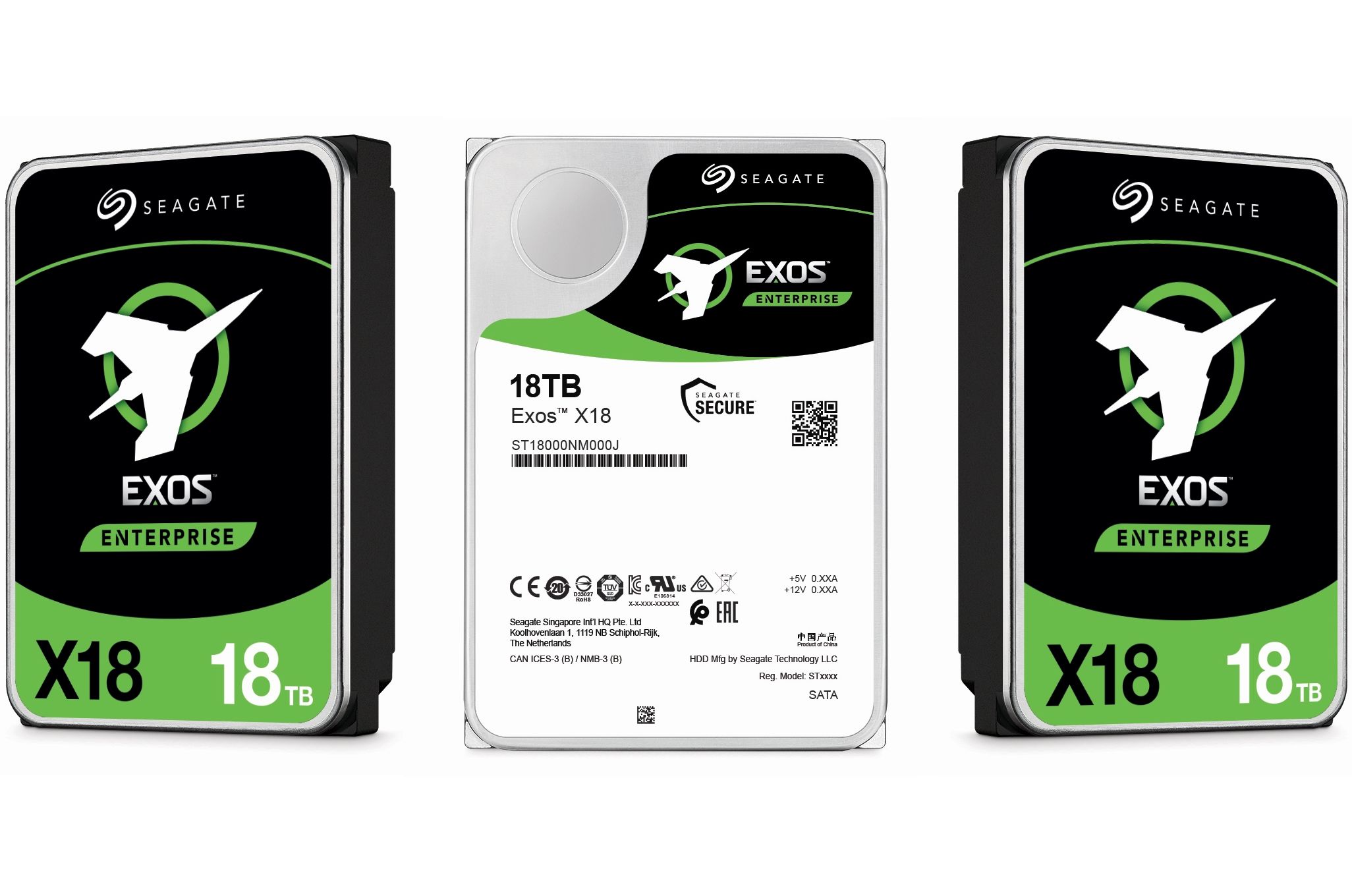Core i7-10700K Final Score: 82%
Core i5-10600K Final Score: 88%
With either 6 or 8 cores on tap, and frequencies that either come out of the box at over 5Ghz or can be made to be 5Ghz (or higher) neither the Core i7-10700K nor the Core i5-10600K are lacking in the horsepower department for the typical home buyer. So much so a very, very good argument can be made that Intel’s ‘fewer but faster’ core philosophy for home consumers is more optimal than AMD’s “more but slower approach’… right now. The future may bring a change of opinion, but for the time being Intel still has some mighty fine options to choose from. One may even go as far as saying that Intel still has a firm grasp on the $250 to $400 corner of the market.
So instead of AMD vs Intel, to us, where things get interesting is on determining who the Core i5 is right for, and who should be thinking about Core i7 or Core i9 processors. To be blunt, the tenth generation is odd and breaks from convention. It really is the first generation in a while where are excellent case can be made that most people looking at Core i7’s should be thinking about a Core i9 instead. That is highly unusual as the Core i7 is ‘supposed to be’ the Intel processor to own. With the Core i9 being a halo processor for those few who cannot stretch their budget to HEDT levels, but need extra processing power than what the Core i7 models can offer. Put another way the Core i7 was for the home enthusiast and the Core i9 was mainly just for bragging rights and the occasional edge case user who could not afford HEDT. That is not the case with the 10th generation Core series. Instead, it is Core i5-10600K and Core i9-10900K that are the two that people should be focusing in on.
At a mere $270, the Intel Core i5-10600K price to performance ratio (for the consumer market) is simply incredible. Buyers get more than ‘good enough’ performance for so little cash that it should be the processor of choice for knowledgeable system builders not interested in overclocking beyond ‘one click’ in the BIOS levels of overclocking. This is as it should be as that is what the Core i5 was always supposed to be. It just does too good a job to make the i7 seem all that wise an investment. For most. There are exceptions.
Do not get us wrong. The Core i7-10700K is no slouch and can be considered a slightly faster/refined last gen Core i9-9900K, and thus an argument could be made that it too is a good bordering on great deal. The problem with this classic argument in the yearly ‘core i7 vs core i9’ debate is this: if one’s budget can stretch to $375 it is not that hard to find an additional $140 for the ‘full monty’ Core i9-10900K. That puts the Core i7-10700K in a precarious position. One where its price to performance ratio is less than optimal for enthusiasts who can (to varying degrees) harness more than six cores of 5Ghz+ power and/or want/need/desire a CPU that can overclock as high as possible. Mix in more cache to further boost performance and the end result is that only those who cannot justify going above $400 for a processor should give it serious consideration. It is this pressure from above and below which has made the i7 a rather niche CPU.
You may disagree with our analysis. Rest assured that no matter if you choose a mainstream Core i5, a high-end Core i7, or the enthusiast Core i9 that you will be getting a very good to excellent processor. All three offer a lot of performance without all that much upfront cost. It just is those who want to get the best, most optimal, option for their needs should put more time, thought, and effort into their decision. So do your homework. Think about what you actually do with your system. Then come to your own conclusions. Not what anyone, including us, tell you what you should be buying. Doing otherwise may result in a rather major disservice to yourself and your next system.

The Review
Intel Core i7-10700K
Rest assured that no matter if you choose a mainstream Core i5, a high-end Core i7, or the enthusiast Core i9 that you will be getting a very good to excellent processor. All three offer a lot of performance without all that much upfront cost. It just is those who want to get the best, most optimal, option for their needs should put more time, thought, and effort into their decision. So do your homework. Think about what you actually do with your system. Then come to your own conclusions. Not what anyone, including us, tell you what you should be buying. Doing otherwise may result in a rather major disservice to yourself and your next system.











